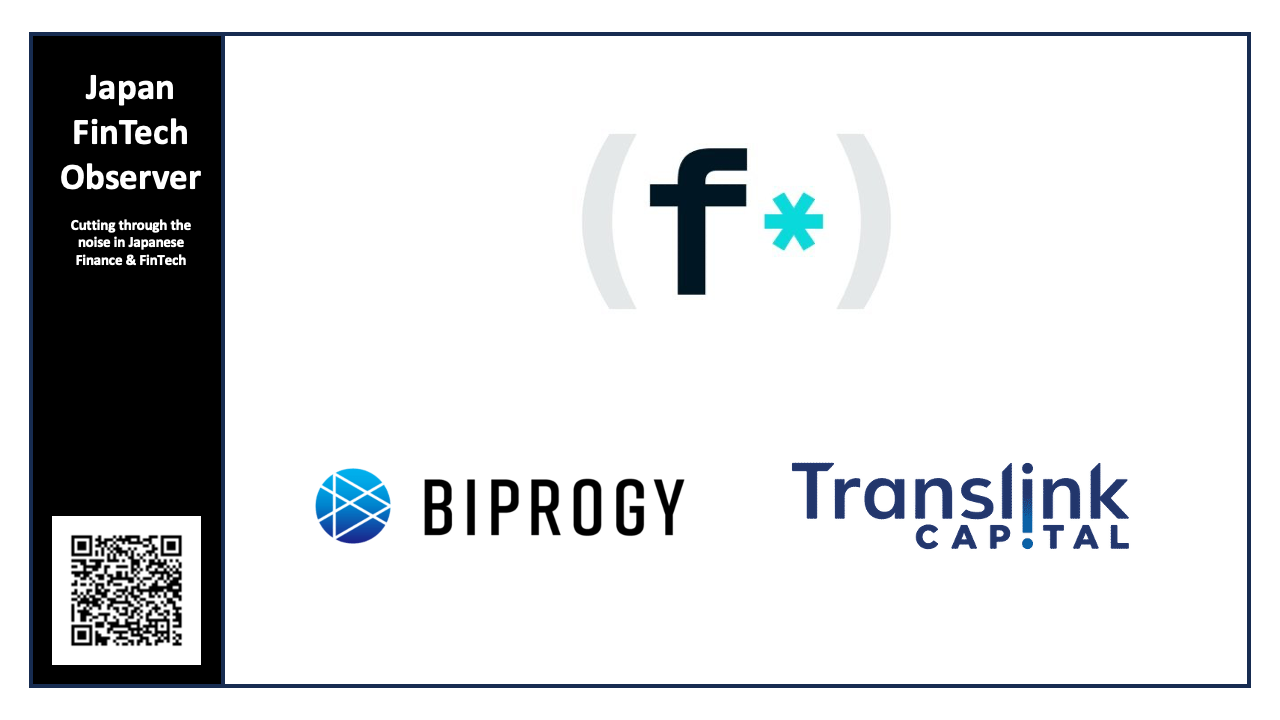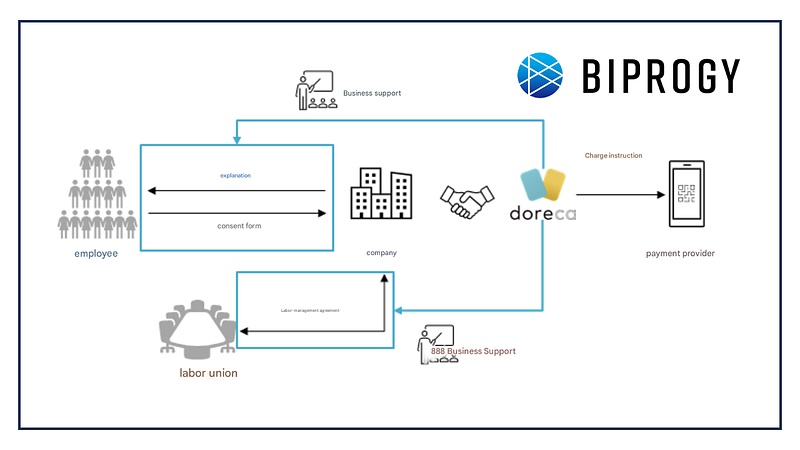Fhenix Announces Strategic Investment from BIPROGY & TransLink Capital, Accelerates Entry into Japanese Market

Fhenix, the leading infrastructure protocol powering Private DeFi via homomorphic encryption, has received strategic investments from BIPROGY and the Translink Sustainability & Innovation Fund. BIPROGY, renamed from Nihon Unisys in 2022, is one of Japan’s largest IT service providers, with a strong footprint in the financial sector. This move underscores the growing necessity of privacy solutions for institutional adoption of Web3 and demonstrates strong institutional confidence in Fhenix’s technology. The investment lays critical groundwork for Fhenix’s deeper expansion into the Japanese Web3 ecosystem.
Key Highlights
- BIPROGY, a Japanese IT firm with annual revenues exceeding $2.6 billion, adds credence, institutional backing, and local ecosystem support to Fhenix’s mission.
- The funding supports Fhenix’s roadmap for Japanese market deployment, partnerships with local financial and regulatory actors, and integration of privacy features into Japan-centric protocols.
- This comes amid rising interest in on-chain privacy in Japan, where there are over 12 million crypto accounts currently active and the Japanese digital asset & Web3 platforms market is estimated at $2.7 billion.
- Meanwhile, Japan’s broader crypto market is projected to grow from USD 327.4 million in 2024 to USD 723.2 million by 2030 (CAGR ~14.4%) as demand for more private, secure Web3 functionality increases.
“This investment is more than capital — it’s an institutional vote of confidence from one of Japan’s major tech leaders,” said Guy Itzhaki, Co-Founder & CEO of Fhenix. “It sends a message: Fhenix is a bridge between cryptographic infrastructure and real-world adoption in markets that demand privacy, transparency, and performance. We believe Japan will be among the first regions where composable privacy, enabled by FHE, becomes a day-to-day reality of all Blockchain-based Finance users.”
Why This Matters
Institutional trust + local relevancy
BIPROGY’s backing gives Fhenix invaluable access to enterprise clients, local technology ecosystems, and regulatory intelligence — a rare advantage for a privacy-native protocol aiming for real adoption in Japan.
A rising tide of privacy demand
In Japan’s maturing crypto landscape, many users and institutions are pushing back against public exposure of portfolio and transaction data. As more DeFi protocols move on-chain, privacy becomes not a niche, but a baseline expectation. This capital injection positions Fhenix to lead that shift.
Strategic narrative & signal
The announcement itself is a statement: global infrastructure projects are being built with emerging markets like Japan in mind. It expands Fhenix’s narrative from “deep tech privacy” to “privacy with regional relevance and scale.”
What’s Next
Fhenix and BIPROGY will explore strategic opportunities for privacy-first blockchain infrastructure in Japan, collaborating with financial institutions and partners through pilots and research aligned with emerging regulations.
What is FHE?
FHE is a cryptographic technique that allows computations to be performed on encrypted data without decrypting it. Most cryptographic techniques secure data only until it needs to be used—FHE keeps it hidden even while processing, preventing leaks at every step.
How FHE Works
- A user encrypts their data into ciphertext.
- The blockchain performs computations directly on the ciphertext.
- The result remains encrypted and can only be decrypted by the authorized user.
The Holy Grail of Cryptography
- Data remains private throughout the entire computation process.
- Smart contracts can execute logic on encrypted inputs and return encrypted outputs.
- Users control their data without relying on trusted third parties.
But FHE is computationally expensive... Enter CoFHE.
Introducing CoFHE
CoFhe, an FHE enabled coprocessor, is a privacy tool for Ethereum and other EVM-compatible chains that allows computation directly on encrypted data. It means your smart contracts can handle sensitive information (like bids, votes, or user data) without ever exposing it to the network. CoFhe works off-chain, so it's fast and scalable, and its stateless design makes integration as easy as adding a single solidity library. Whether you're building in DeFi, DAOs, or Gaming, CoFhe adds encrypted data handling to your contracts while keeping them lightweight and performant.
Main Features
- Encryption on your preferred chain - CoFHE lets you integrate encrypted variables and state in your Smart Contract on the EVM chain you're already using. No need to migrate to a different chain or runtime.
- Effortless integration - Adding CoFHE is as simple as an
import. You define the logic, CoFHE handles the rest behind the scenes. - Async Execution - FHE is notorious for not being as performant as regular, native EVM code. CoFHE is processing FHE operations asynchronously, allowing for quick finality and cheap transactions.
- Comprehensive developer tools - We've adapted common developer tools to support confidential dApp development. Foundry, Hardhat, and more are available so you feel right at home.
- Decentralized and trustless - The CoFHE protocol is designed with decentralization and trustlessness as core principles:
- Threshold Network (TN) - The decryption key is split between multiple parties, reducing the risk of inappropriate use or being leaked.
- Verifiability - Every component in CoFHE is designed to be verifiable. In the future, there will be mechanisms in place to validate and enforce correct execution and honest participation of all components.
What CoFHE Enables
- Confidential smart contracts – Execute logic on encrypted data while maintaining composability.
- Scalability with security – Leverages cryptographic optimizations to make FHE practical.
- Ethereum compatibility – Works within the existing Ethereum ecosystem, allowing developers to integrate seamlessly.






